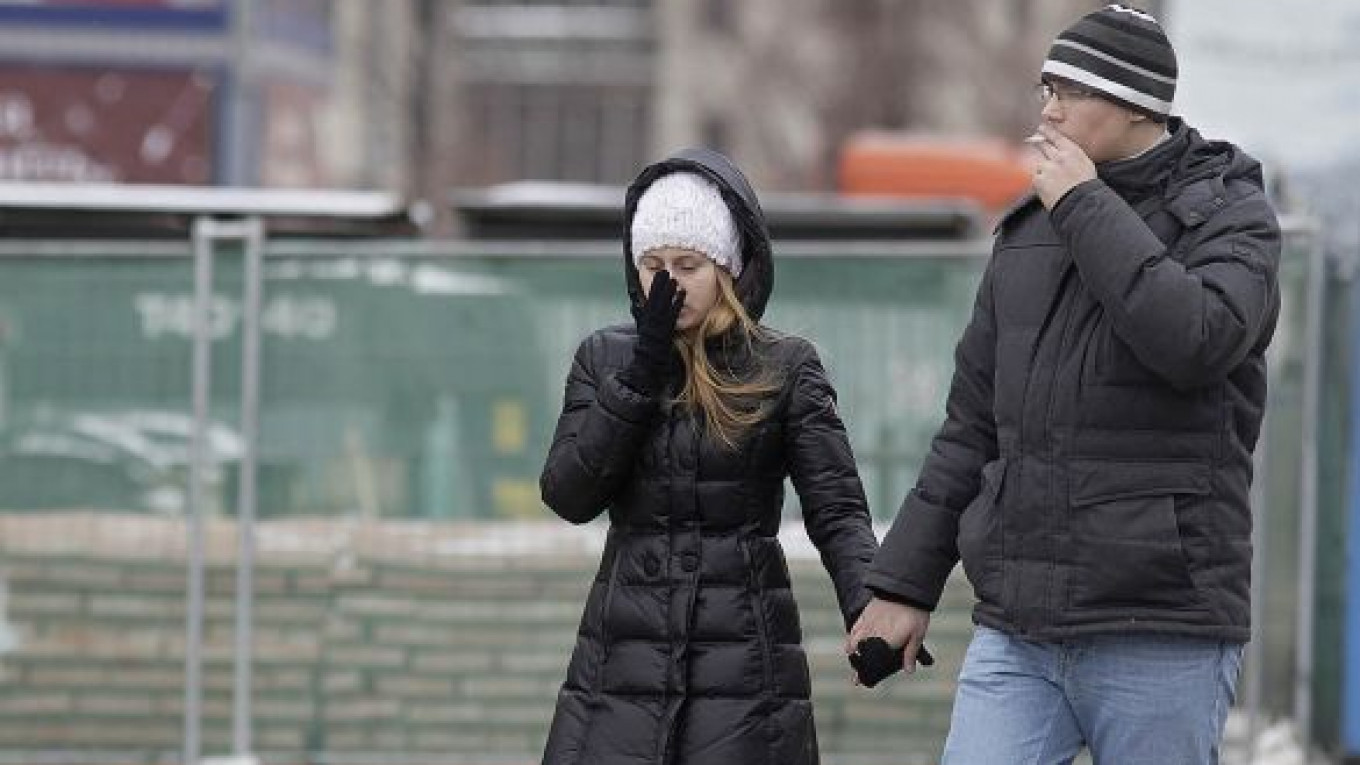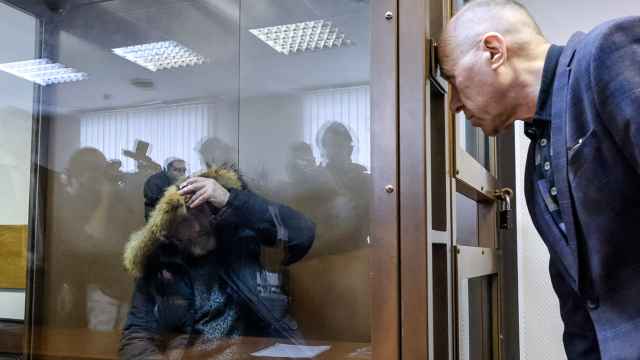A group of United Russia lawmakers have accused a colleague, world chess champion Anatoly Karpov, of lobbying on behalf of a tobacco company, and they asked the Justice Ministry to see whether he can be labeled a foreign agent.
The attack against Karpov is seen as part of a smoldering conflict between lobbyists, as anti-smoking legislation is pending in the State Duma, experts said. The country's $22 billion tobacco market is currently the second-largest in the world, surpassed only by China.
Several Duma deputies, including ones from United Russia, stated in a letter to the ministry that the charitable foundation , co-founded by Karpov, is a partner of Japan Tobacco International, one of the three largest tobacco companies in Russia.
The move was prompted by a proposal by Karpov to exclude an article from the anti-smoking bill that addresses the illegal tobacco trade.
The anti-tobacco bill, which passed in first reading, is seen as one of the strongest government attempts to curb rampant smoking in the country.
It will affect 44 million citizens, or a third of the population. About 400,000 people die annually from smoking related diseases, according to government figures.
The law would ban smoking in most public places and introduce tough punishments for violators.
"The point of our collective letter is to check whether a deputy's foundation is a foreign agent," United Russia deputy Alyona Arshinova told Izvestia Monday.
Arshinova was referring to a controversial new law that obliges any organization receiving foreign grants and engaging in political activity to register as a foreign agent. The law was mainly aimed at human rights organizations that have voiced opposition to the Kremlin.
Anatoly Vereshagin, communication director for Japan Tobacco International, said his company works with one of the partners of Karpov's foundation, which is not prohibited by the legislation. Karpov was not available for comment Monday.
Karpov, a senior deputy who sits on the Economic Policy Committee, told Izvestia his colleagues' reaction to his proposed amendment was "overheated."
He said the language of the article he seeks to exclude is preserved in the World Health Organization's Protocol to Eliminate Illicit Trade in Tobacco Products, which the Russian parliament plans to ratify.
Vereshagin said Monday that after the protocol is ratified it will take priority over national legislation.
"All tobacco companies are supporting the fight against the illegal market," Vereshagin said.
That sentiment was repeated by Vadim Zhelnin, the head of Tabakprom, an industry lobbyist group. He said, however, that the industry is more concerned with different provisions of the article that Kasparov wants to exclude.
Both the anti-tobacco legislation and the WHO protocol require that all tobacco products be marked with special codes so illegal trading can be tracked.
Zhelnin said tobacco companies are dubious about the required markings. He said such an approach didn't prove effective when it was introduced for the alcohol industry.
"It hasn't produced an effect, while legal producers have suffered," Zhelnin said.
In 2005, producers of alcoholic beverages were subjected to a policy that forced them to pay for the installation of costly equipment to mark their products with special stamps.
The idea to implement such a system for the tobacco industry has received a similarly negative response from the Agriculture Ministry, which said existing excise stamps are enough to control the tobacco trade.
However, Slon online columnist Dmitry Yanin in a recent article that the ministry's response repeats a similar argument from British American Tobacco almost word for word.
Contact the author at [email protected]
Related articles:
A Message from The Moscow Times:
Dear readers,
We are facing unprecedented challenges. Russia's Prosecutor General's Office has designated The Moscow Times as an "undesirable" organization, criminalizing our work and putting our staff at risk of prosecution. This follows our earlier unjust labeling as a "foreign agent."
These actions are direct attempts to silence independent journalism in Russia. The authorities claim our work "discredits the decisions of the Russian leadership." We see things differently: we strive to provide accurate, unbiased reporting on Russia.
We, the journalists of The Moscow Times, refuse to be silenced. But to continue our work, we need your help.
Your support, no matter how small, makes a world of difference. If you can, please support us monthly starting from just $2. It's quick to set up, and every contribution makes a significant impact.
By supporting The Moscow Times, you're defending open, independent journalism in the face of repression. Thank you for standing with us.
Remind me later.






